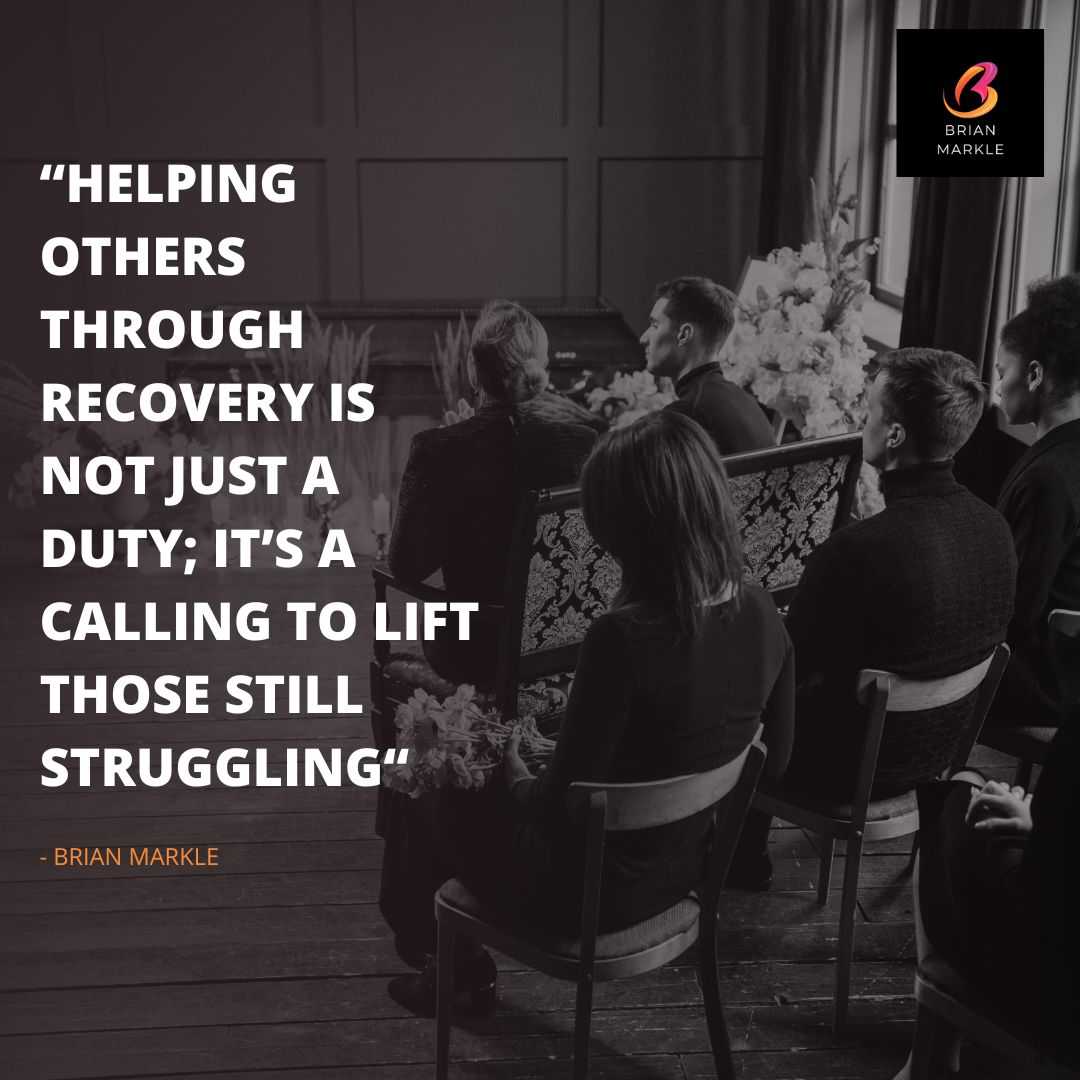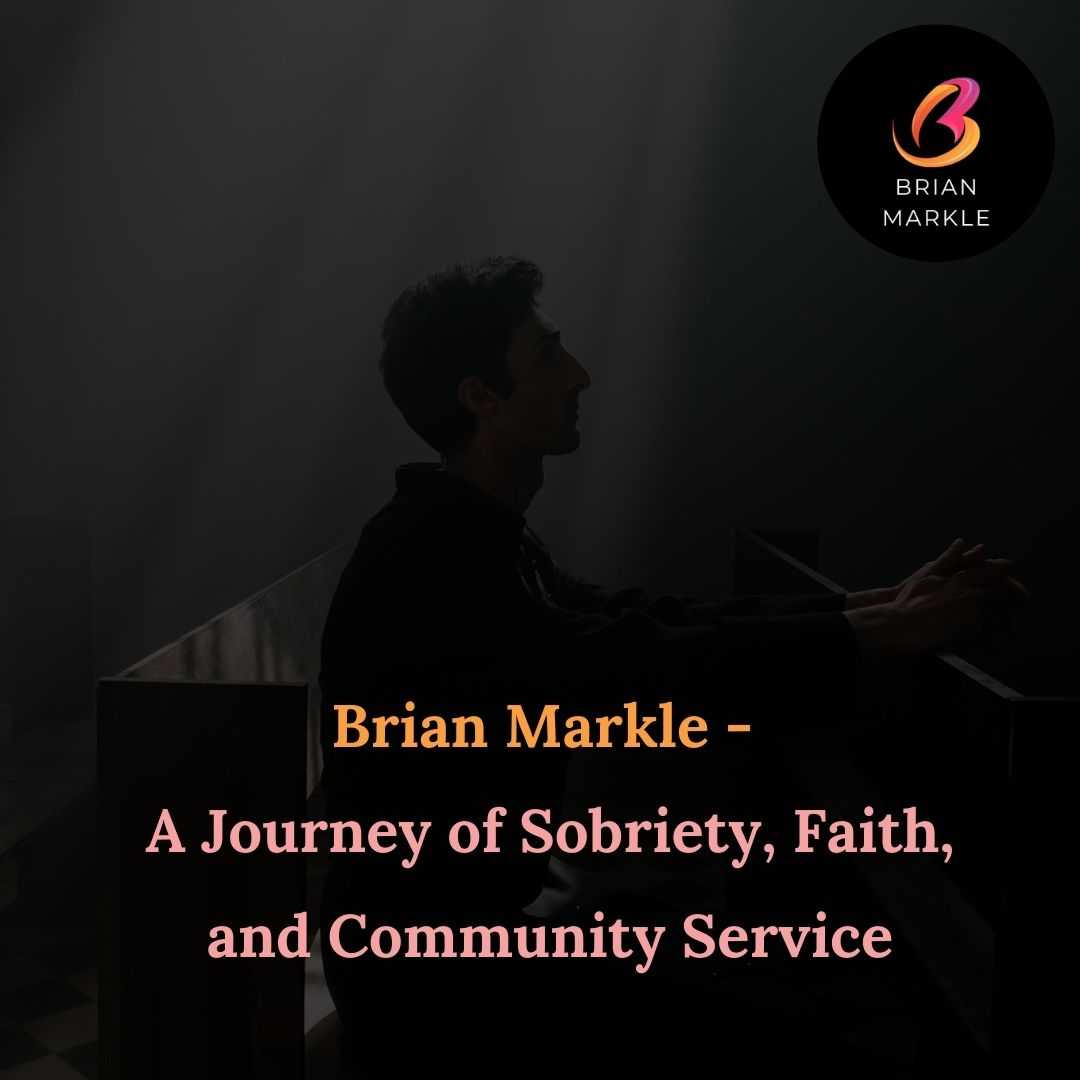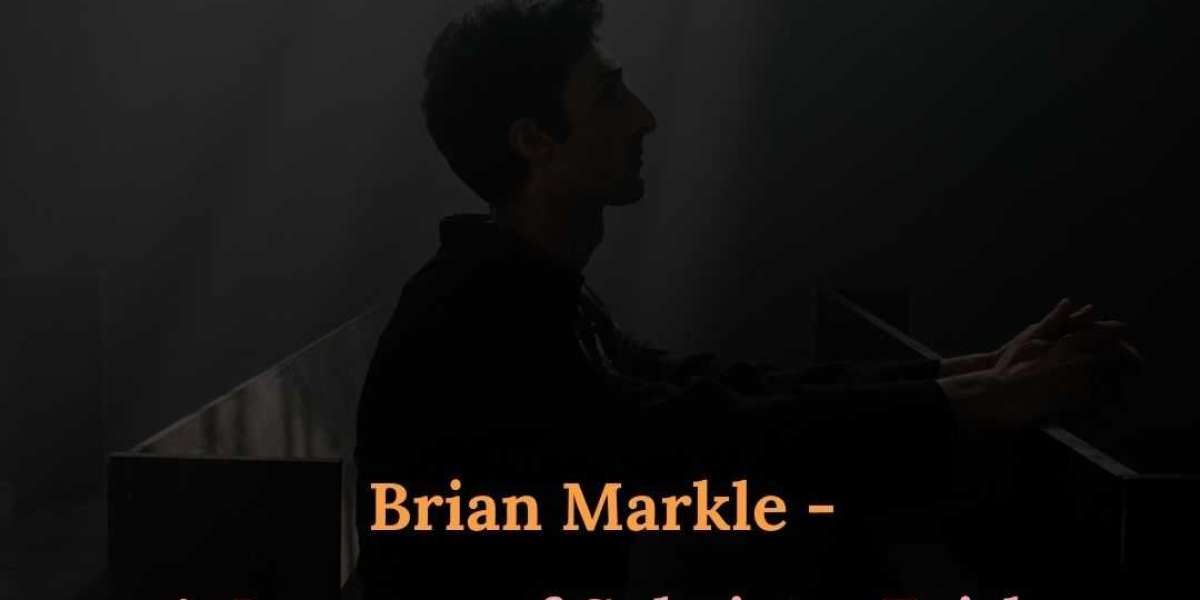Pastor Brian Markle Shares 5 Ways to Support Addiction Recovery and Mental Health in Your Community
Addiction and mental health challenges can deeply impact individuals and communities.
Pastor Brian Markle, a dedicated advocate for recovery, has demonstrated how compassion and proactive efforts can make a meaningful difference.
Whether through his leadership in creating supportive spaces or his ongoing work with those in need, Brian Markle’s example serves as an inspiration for communities to take action.
Here are five effective ways to support addiction recovery and mental health in your own community.
1. Raise Awareness Through Education
Understanding addiction and mental health is the first step to breaking the stigma.
Organize community events, workshops, or online sessions to educate people about the nature of these challenges.
Invite experts to discuss the science of addiction, the importance of mental health, and the role of empathy in supporting recovery.
When the community is informed, it becomes easier to foster a supportive environment for those in need.
2. Volunteer at Local Support Centers
Many communities have rehabilitation centers, shelters, or organizations dedicated to helping individuals battling addiction and mental health issues.
These centers often need volunteers for activities such as mentoring, hosting support groups, or even administrative work.
By offering your time, you not only provide direct help but also create connections that can inspire and motivate individuals on their recovery journey.
3. Advocate for Access to Resources
Access to proper treatment is a critical part of recovery, yet many people struggle to find affordable and accessible resources.
Advocate for better mental health services in your community, such as residential treatment centers or counseling programs.
Attend town hall meetings, write to local representatives, or start petitions to push for increased funding and awareness around these vital services.
4. Create Safe Spaces for Open Conversations
A lack of judgment-free zones often prevents people from seeking help.
Creating safe spaces, whether in community centers, churches, or even online, can encourage open and honest discussions.
People should feel comfortable sharing their struggles without fear of shame or ridicule.
Pastors, mentors, and community leaders, such as Pastor Brian Markle, can play a vital role in moderating these discussions and providing moral and emotional support.
5. Support Families of Those Affected
Addiction and mental health challenges don’t just affect individuals—they affect families too.
Offering emotional and practical support to families can make a significant difference.
Encourage the formation of family support groups or therapy sessions where loved ones can share their experiences and learn coping strategies.
By supporting families, you indirectly help the individual in recovery by strengthening their overall support system.
Conclusion
Supporting addiction recovery and mental health in your community is a collective responsibility.
Leaders like Brian Markle show how even small actions, such as volunteering or advocating for better resources, can transform lives.
By raising awareness, fostering open conversations, and supporting families, we can all play a part in creating compassionate communities where recovery and mental well-being are truly possible.







